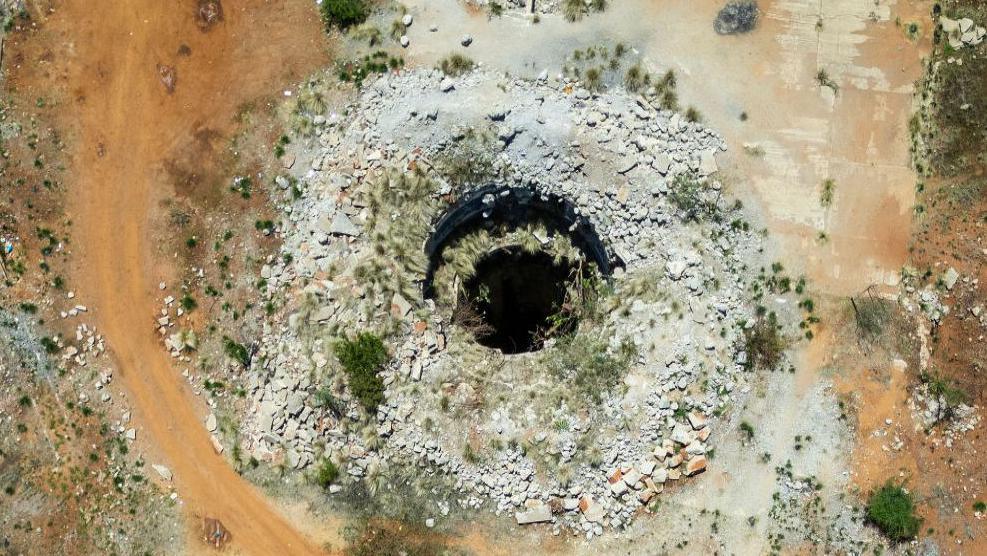Written by Alice Njoki.
An investigation by the BBC has brought to light a distressing reality of child sexual abuse and exploitation within South Africa’s illegal mining sector, particularly in abandoned gold mines near Stilfontein, North West Province.
The abuse involves children as young as 15, many trafficked from neighboring countries such as Mozambique, who are lured by false promises of legitimate mining jobs but end up trapped underground, subjected to forced labor and sexual slavery.
The crisis surfaced following a police operation in December 2023, named Operation Vala Umgodi (“seal the hole”), aimed at halting illegal mining activities. Police blockaded the Stilfontein mine, restricting food and water supplies to force miners out. Subsequent footage revealed dozens of emaciated miners pleading for rescue alongside rows of bodies underground. Among those rescued were 31 children, all Mozambican nationals, many undocumented, with 27 repatriated by November 2024.
Survivors and aid organizations describe horrific conditions , children being groomed and repeatedly raped by adult miners who promised them shares of gold in exchange for sex. Sexual abuse was also used as punishment for failing to complete tasks. Many children were trafficked, had their passports confiscated, and were trapped underground for months with little chance of escape. Witnesses report that the abuse causes lasting trauma and deep mistrust among victims.
Despite these grave allegations, authorities have yet to announce any charges related to the sexual abuse, and many children remain reluctant to testify due to fear of retaliation. With an estimated 6,000 abandoned mines across South Africa, the illegal mining industry continues to thrive, leaving thousands of vulnerable children at ongoing risk
The disturbing revelations from South Africa’s illegal mines are an indictment of systemic failures to protect the country’s most vulnerable. These children, trafficked and exploited in abandoned mines, represent a human tragedy that demands urgent, multifaceted intervention. The government must move beyond reactive policing to implement comprehensive policies focused on prevention, victim support and dismantling the criminal networks profiting from this exploitation.
Moreover, regional cooperation is essential to combat cross-border trafficking, while civil society and international organizations must amplify efforts to provide safe alternatives and rehabilitation for survivors. The mining sector’s decline cannot become an excuse for the rise of underground slavery. Protecting these children is not only a moral imperative but a test of South Africa’s commitment to human rights and justice.
Without decisive and sustained action, this cycle of abuse will continue unchecked, condemning thousands more children to lives of suffering beneath the surface.

